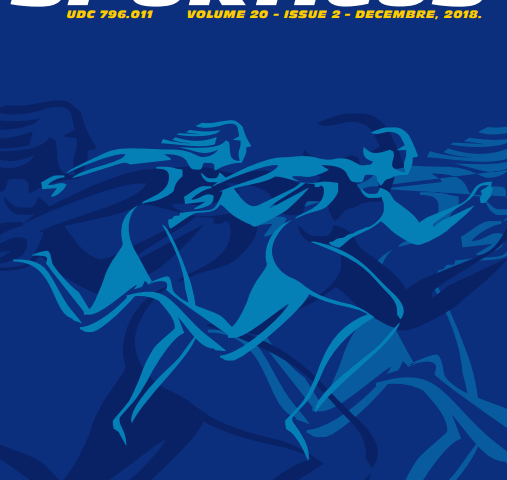Alen Ćirić, Nedim Čović, Šemso Ormanović, Denis Čaušević, Munir Talović, Haris Alić, Almir Mašala, Eldin Jelešković, and Emir Kurtić
Methods: A experimental study involved the participation of 207 soccer coaches (B, A and PRO UEFA coaching license). The subscale of the questionnaire refers to coaching and leadership competencies, contains 47 items and was created from the existing questionnaires. Responses to the items of the third subscale are also given in the form of a five-point Likert scale, where respondents were required to indicate the level of agreement with the given statements. The questionnaire examines coaching and leadership competencies contained in 6 groups of competencies. Each competency (communication competencies, football and other competencies, organizational competencies, leadership competencies, technical and motivational competencies, training technology competencies – performance monitoring and training/match analysis) consists of 7 or 8 items. The validation of the developed instrument in this empirical study was conducted using two procedures: (1) factor analysis (PCA with oblique rotation) and (2) an internal consistency assessment (Scale Reliability Analysis – Cronbach’s Alpha).
Results: By applying principal component factor analysis to the data of the “coaching and leadership competencies” subscale with oblimin factor rotation, 7 significant factors with a Kaiser value greater than1 and 64.671% of the total variance were identified.
Conclusions: The non-objectivity of the respondents was established by applying a self-evaluation scale,and it was confirmed that such questionnaires cannot be used to assess the accuracy of an individual’s assessment. It is noticeable that the general opinion of coaches about the importance of certain competencies is probably wrong.
Keywords: football, competencies, style, coaching, leadership, UEFA


